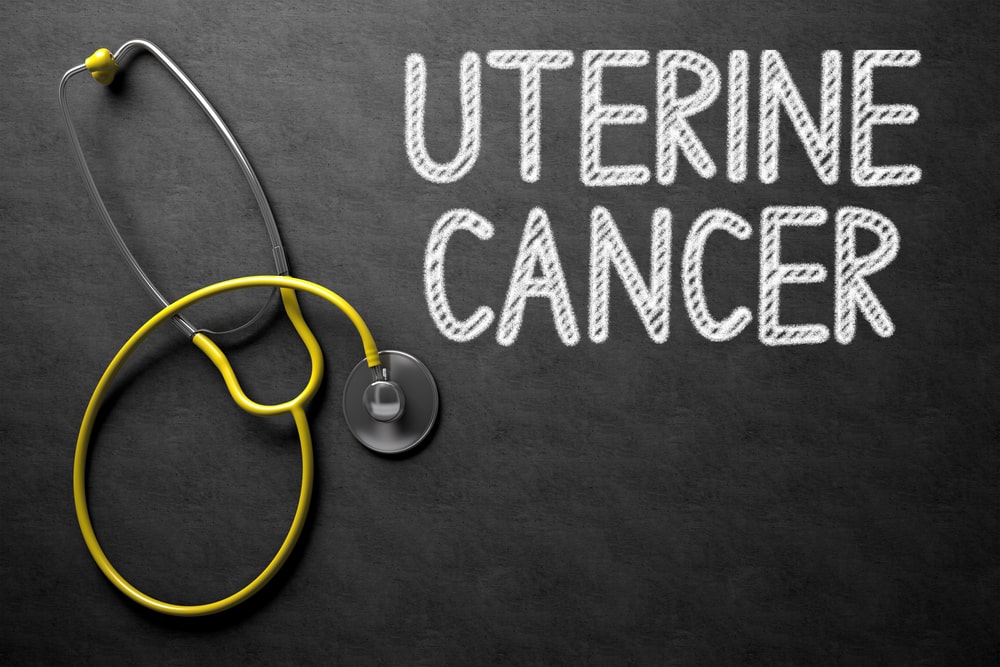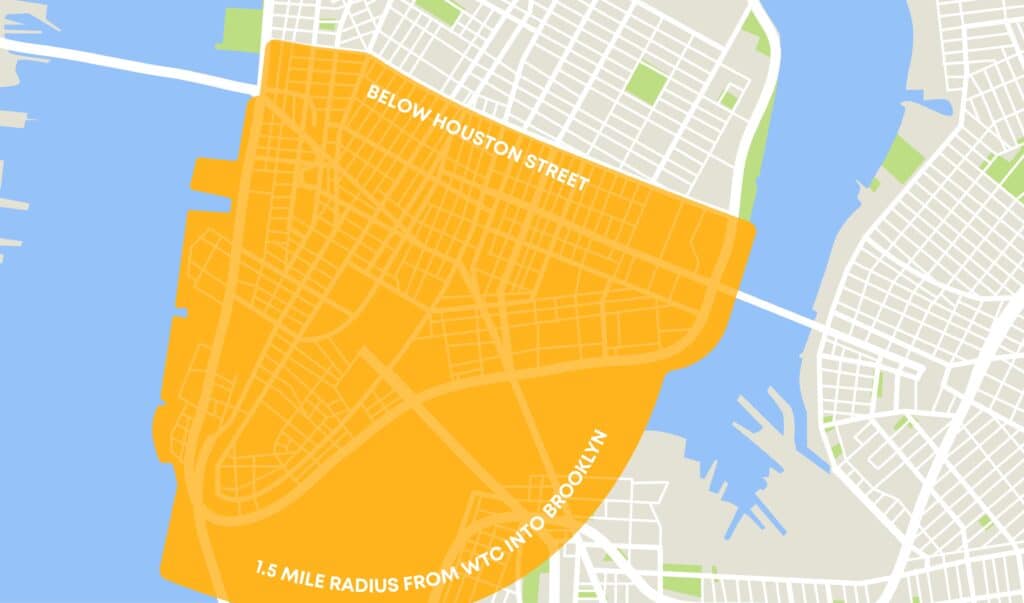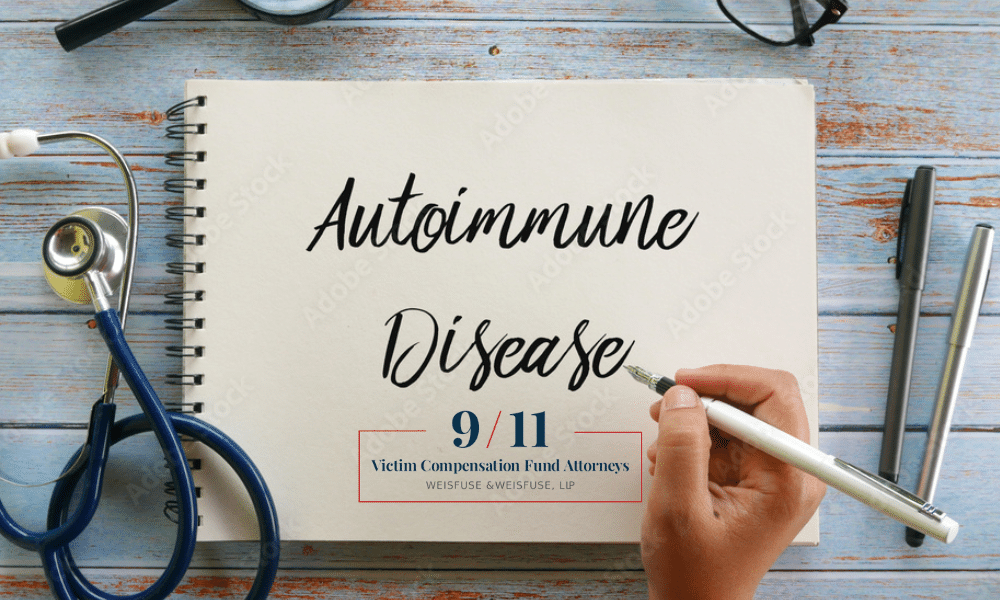
From the very beginning—just days after the attacks on the World Trade Center—it became evident that the fallout from the collapse of the Twin Towers was causing physical illnesses. First was the chronic cough that was quickly dubbed “WTC Cough Syndrome,” caused by the choking particulates in the dust plume. Then came gastrointestinal reflux disease, or GERD, an aerodigestive disease that causes gastric acid from the stomach to back up into the esophagus.
Of all the diseases and medical conditions (both physiological and mental/emotional), few are more frightening than cancer. It wasn’t until June, 2012—more than a decade after the attack in NYC—that cancer was recognized as a 9/11-related disease, with prostate cancer being one of the first to be included.
Finally, and as a recent Forbes article stated, “after years of pressure from 9/11 survivors and first responders, uterine cancer is the latest addition to the growing list of covered health conditions.” With the addition of uterine cancer to the list of certifiable 9/11 conditions, women who suffer from this disease as a result of exposure to the toxic dust can now receive free treatment for uterine cancer.
What is uterine cancer?
When the cells in the uterus mutate, grow, and quickly multiply, causing a tumor, it becomes uterine cancer. About 95 percent of all uterine cancers occur in the endometrium; the tissue that lines the uterus that thickens in anticipation of pregnancy and thins and sheds during menstruation when pregnancy does not occur. A second type, and rare, form of uterine cancer is uterine sarcoma, which develops in the muscle wall of the uterus.
Why did it take so long for the WTC Health Program to add cancer to its list of covered 9/11 conditions?
Before a disease is added to the list of certified 9/11-related medical conditions, a petition must be submitted to the WTC Health Program. Upon receipt, it is sent to the WTC Program Administrator and needs to show the “reasons for including the adding the condition, including the medical basis for the association with the September 11, 2001 terrorist attacks…”
It wasn’t until the fall of 2021—fully 20 years after 9/11—that the Scientific/Technical Advisory Committee (STAC, which is the body that reviews and advises on adding specific conditions to the certified list) formed “a work group (to) make a case for adding uterine cancer to 9/11 coverage.”
Like the other cancers that had previously been added as certified conditions, uterine cancer has a “latency period,” the amount of time it takes between initial exposure to a carcinogen and a cancer diagnosis. Depending on the type of uterine cancer (endometrial or uterine sarcoma), it can take years before a positive diagnoses is made.
Symptoms of uterine cancer may include:
- Abnormal vaginal discharge or bleeding
- Bleeding after menopause
- Bleeding between periods
- Pain or pressure in the pelvic area
The collapse of the World Trade Center released a massive plume of toxic dust and smoke that was inhaled or ingested by those who were in the Exposure Zone on and for the months and weeks after the attacks. The toxins in this dust and smoke are known to have caused a number of different 9/11-related cancers, including mesothelioma, leukemia, and cancers of the breast, prostate, lungs, skin, colon, and bladder; as well as childhood and rare cancers.
Fewer women were in the initial studies
Whether first responders—including those in the NY fire department, NY police department, and emergency medical technicians—or women who worked and lived in the area in and around the Twin Towers, there were fewer females in the early studies. The earliest cancers were revealed through tracking systems provided by the FDNY, where fewer than 1 percent of the workforce is female.
This meant that cancers experienced exclusively or primarily by women were severely understudied. Ovarian cancer was finally added 2012, while rare cancers of the vulva, vagina, and cervix were added in 2014.
The 9/11 WTC Health Program finally adds uterine cancer to the list of covered conditions
On January 18, 2023, the World Trade Center Health Program announced the addition of “all types of uterine cancer” to its list of certified 9/11 conditions. According to their statement, “This rule is significant as it not only provides access to life-saving care and treatment, but also recognition for the women who sacrificed so much on and after 9/11 that their diagnosed uterine cancer is a WTC-related health condition. With the publication of this rule, a critical gap in coverage for women in the Program has been eliminated. All types of cancer, if determined to be related to 9/11 exposures, are now covered by the World Trade Center Health Program, providing women equal access to the treatment they deserve.”
What should those who think they have uterine cancer do?
Any women who lived, worked, went to school, volunteered or who were first responders in the NYC Exposure Zone between the dates of September 11, 2001 and July 31, 2002, and who have subsequently been diagnosed with or believe they may have uterine cancer should:
- Those who think they have uterine cancer, contact a Clinical Center of Excellence (CCE) in the New York City area or National Provider Network (NPN) if outside the metro for further evaluation.
- Those who have already been diagnosed, contact the CCE or NPN to find out if their condition qualifies for certification.
Those who have 9/11-related uterine cancer may be eligible for medical treatment and compensation
To learn more about benefits you may be entitled to for uterine cancer caused by exposure to 9/11 toxins, contact us for a free consultation. We can discuss your options and help you through the VCF and WTC Health Programs processes. To schedule your free consultation, contact us online or call us at 212-983-3000.

About Jason Weisfuse –
9/11 Victim Compensation Fund Attorney
About Jason Weisfuse –
9/11 Victim Compensation Fund Attorney
Jason E. Weisfuse is a seasoned 9/11 cancer attorney and managing partner at Weisfuse & Weisfuse, LLP, a New York City-based law firm dedicated to representing individuals affected by the September 11th attacks. Since the establishment of the September 11th Victim Compensation Fund (VCF), Jason has been instrumental in assisting first responders, survivors, and families in securing the compensation and medical benefits they deserve.
With a Juris Doctor from New York Law School (2009), Jason brings extensive experience regarding the 9/11 Victim Compensation Fund to his practice. His deep understanding of the VCF and the World Trade Center Health Program (WTCHP) has enabled him to navigate complex claims processes effectively, resulting in substantial awards for his clients.
Jason’s commitment to the victims in the 9/11 community is evident through his active involvement in professional organizations such as the New York State Trial Lawyers Association and the American Association for Justice. He has also contributed to legal discourse with publications in the New York Law Journal, reflecting his dedication to legal excellence and advocacy.
At Weisfuse & Weisfuse, LLP, Jason continues to provide compassionate and knowledgeable representation, ensuring that those affected by 9/11 receive the support and compensation they are entitled to.







